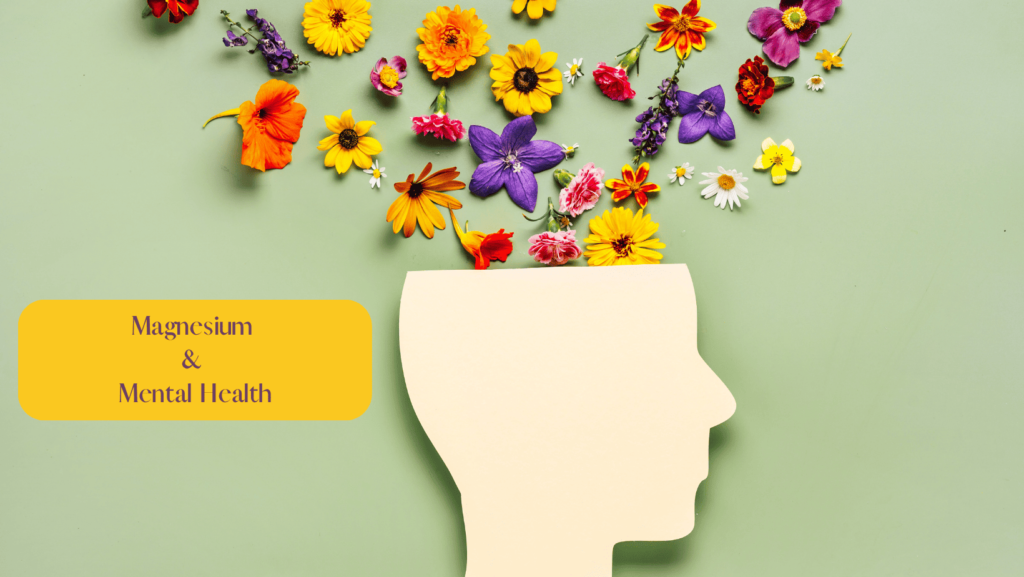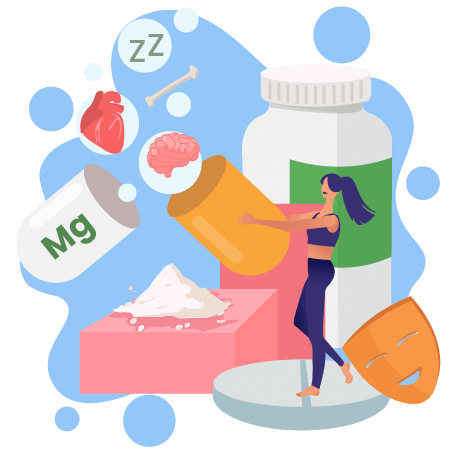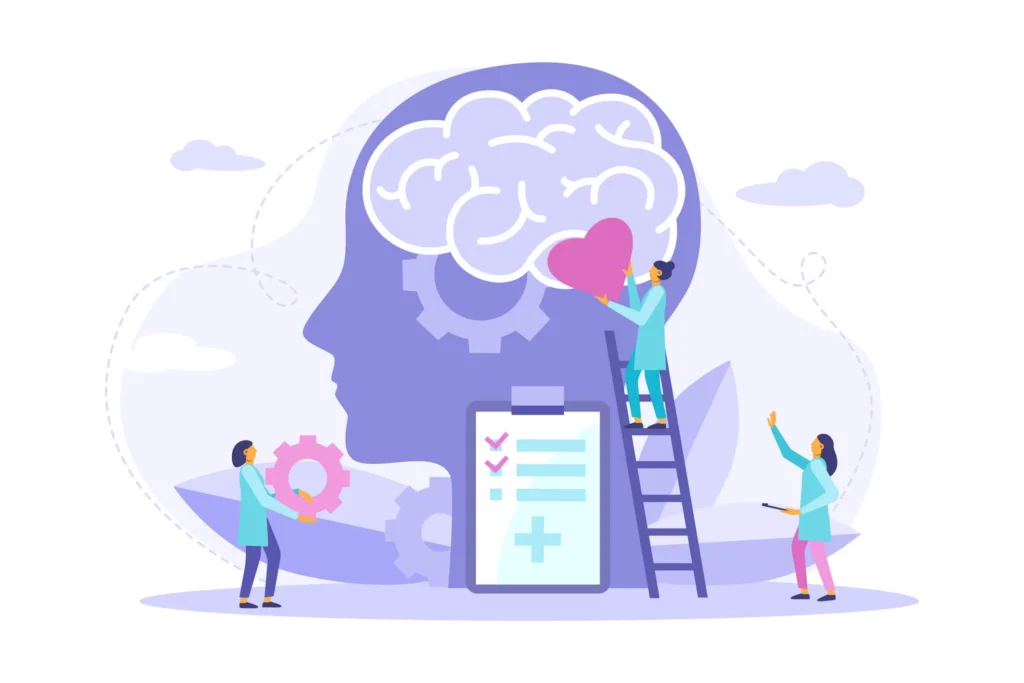
-
Pinterest
In the bustling rhythm of modern life, mental health often takes a back seat. Yet, maintaining mental well-being is crucial for overall health and happiness. Amidst various wellness strategies, one humble mineral—magnesium—plays a surprisingly significant role in supporting mental health. Here in this article, we’ll see unexpected benefits of magnesium and how incorporating magnesium into your daily routine can offer profound benefits for your mind.
Magnesium, an essential mineral abundantly found in the human body, plays a pivotal role in numerous biochemical reactions essential for our health. It’s particularly crucial for functions such as nerve transmission, muscle contraction, regulating blood pressure, and, importantly, brain function. Despite its critical role, many are unaware of how vital magnesium is for maintaining mental health.
What is Magnesium?
Magnesium is a mineral that is key to maintaining various physiological functions. It acts as a cofactor in more than 300 enzyme systems that regulate diverse biochemical reactions in the body, including those related to protein synthesis, muscle and nerve function, blood glucose control, and blood pressure regulation.

-
Pinterest
Types of Magnesium & Benefits
Magnesium comes in several forms, each offering specific benefits:
- Magnesium Citrate: Known for its bioavailability, this form is helpful in improving digestion.
- Magnesium Oxide: Often used to alleviate headaches and migraines.
- Magnesium Chloride: Typically used for detoxification and enhancing kidney function.
- Magnesium Sulfate (Epsom Salt): Renowned for its relaxation properties, especially when used in bath soaks.
- Magnesium Glycinate: Highly recommended for its calming effects, making it ideal for managing anxiety and promoting better sleep.
Unexpected Mental Benefits of Magnesium
Reduces Stress and Anxiety
Magnesium modulates the activity of the body’s stress-response system, including the production of stress hormones like cortisol. By keeping these hormones under control, magnesium can help create a sense of calm and reduce anxiety. This is particularly important in today’s fast-paced world, where chronic stress can lead to long-term health problems.
Enhances Sleep Quality
Good sleep is foundational to mental health. Magnesium’s role in regulating melatonin, the hormone responsible for sleep cycles, makes it a vital component for improving sleep quality. By promoting relaxation and helping to quiet the mind, magnesium can lead to deeper, more restorative sleep.
Boosts Brain Function
Magnesium is crucial for maintaining brain plasticity, which is the brain’s ability to adapt and change as a result of new experiences. This adaptability is essential for learning and memory. Research suggests that adequate magnesium levels can enhance cognitive functions, making learning new skills or information easier.

-
Pinterest
The Best Magnesium for Brain Health
For those particularly focused on mental health, magnesium glycinate is a standout choice. It’s known for its superior absorption and minimal impact on the digestive system, making it highly effective for managing stress and anxiety. This form easily crosses the blood-brain barrier, directly influencing the nervous system by regulating neurotransmitters, the chemicals that brain cells use to communicate.
Magnesium also helps control the stress-response system. Deficiencies in magnesium have been linked to increased stress and anxiety levels. By stabilizing mood, reducing anxiety, and promoting relaxation, magnesium glycinate proves to be a powerhouse for enhancing mental well-being.
Best way to Absorb Magnesium
While oral supplements are common, they may cause gastrointestinal distress in some people. An excellent alternative is topical magnesium, which can be absorbed directly through the skin, offering immediate effects.
DIY Magnesium Spray for Mental Well-being
Creating your own magnesium spray is an easy, cost-effective way to enjoy the benefits of this mineral. Here’s a simple recipe for a magnesium chloride spray that you can make at home:
Ingredients
- 1/2 cup magnesium chloride flakes (I recommend Nature’s Minerals Magnesium Chloride Flakes)
- 1/2 cup distilled water
- Essential oils for fragrance (lavender and vanilla are my favorites!)
- A few drops of carrier oil such as argan, castor, or jojoba
Instructions
- Boil the Water: Start by boiling the distilled water to ensure purity.
- Dissolve the Magnesium: Add the magnesium flakes to a glass bowl and pour the boiling water over them. Stir until completely dissolved.
- Cool and Transfer: Let the mixture cool, then transfer it to a spray bottle.
- Usage: Apply the spray daily on your arms, legs, and stomach. For best results, use after a shower when your pores are more open.
Note for Caution
Some may experience a tingling sensation upon application, often a sign of low magnesium levels. If this occurs, you can add more carrier oil or dilute the mixture to help your skin adjust. Avoid spraying on sensitive areas right after a shower.

-
Pinterest
More Related Posts:
- Navigating Beyond Comfort: Gentle Ways to Challenge Yourself Outside Your Comfort Zone
- Creating a Cherished Space for Personal Well-Being
- Inhale Courage, Exhale Fear: 5 Breathing Techniques to Combat Stress
Final Words: Magnesium is Essential for Mental Health
Magnesium plays a crucial role in the regulation of neurotransmitters and melatonin, which influences our sleep-wake cycles. It also activates GABA receptors in the brain, helping calm nerve activity essential for managing stress and anxiety. Ensuring adequate magnesium intake, especially in forms like magnesium glycinate, can significantly improve stress management, enhance mood, and support overall brain function. Whether through diet, supplements, or topical applications like the DIY magnesium spray, incorporating magnesium into your daily routine can profoundly impact your mental health and overall well-being.

-
Pinterest
